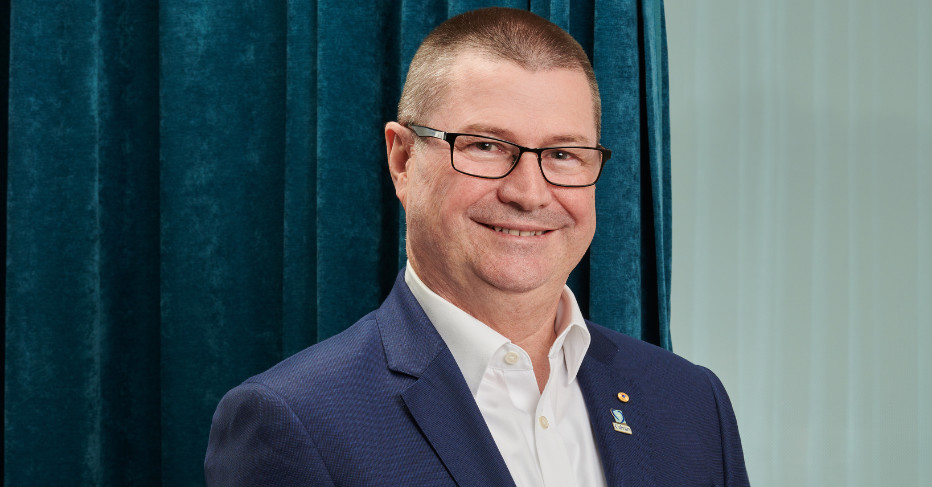Care without judgement at Calvary

Calvary unequivocally supports the position that access to healthcare is a basic human right and we care equally for anyone using our services regardless of religion, race, gender, cultural background, political views, or economic and social status.
This is a position we are proud to have taken over the 137 years our organisation has existed. Across the ACT, we work in partnership with a variety of health care providers, including government, contributing to a shared goal: that everyone has access to the right care, in the right place, and at the right time.
On 19 April 2023, the ACT Legislative Assembly’s Standing Committee on Health and Wellbeing, tabled its report on Abortion and Reproductive Choice in the ACT. The report misrepresents the services offered by Calvary in our Public Hospital in Bruce.
For the safety and wellbeing of women within the Territory, I believe there is a need to reassure Canberrans so they can have confidence in the services we provide, when and where they need them.
The Standing Committee’s report contains an entire section on ‘Calvary Public Hospital’. This section of the report takes direct aim at Calvary, suggesting that because of its overriding religious ethos, Calvary is restricted in the services we can deliver to the Canberra community. The report cites a 23-year-old inquiry into public hospital funding to question the benefit of private providers of public healthcare. The Standing Committee’s Report describes the tragic death of a woman in Ireland, without establishing how the case relates to Calvary and without indicating the story’s origin. There is no documented evidence of poor care at Calvary and there is no attempt to describe the many excellent services Calvary provides. It is disappointing that the Standing Committee did not contact Calvary to clarify what services and supports our public hospital provides.
The ACT Government’s Submission to the Inquiry (Submission 47 on pages 5-6) states that Calvary is funded to provide services under the Calvary Network Agreement. This agreement with the ACT Government recognises that Calvary operates under the Code of Ethical Standards for Catholic Health and Aged Care Services and therefore does not provide elective terminations. The ACT Government’s Submission states, “Calvary clinicians do inform patients of other appropriate services for further information and advice where required, and provide emergency procedures needed to save the life of the pregnant person, their baby, or both.”
As with all public hospitals, Calvary provides the services it has been designated to deliver by the government. Not all hospitals provide all services. Where procedures are not available at Calvary hospitals, patients are directed to their GP for further advice or referred, and sometimes transferred, to an appropriate service. Calvary does respond in situations when a mother (and/or the unborn child she carries) suffers an urgent, life-threatening condition during pregnancy. In these instances, and with informed patient consent, our clinicians provide medically indicated treatment, even if this treatment poses a risk to the foetus or may result in the unintended death of the unborn child.
The Standing Committee’s Report and Recommendations fail to present to the ACT community a comprehensive and balanced picture of Calvary’s services. While Calvary will always provide emergency care when a mother’s life is at risk, there are a range of other healthcare providers such as GPs and specialist clinics whose role is to provide timely advice and management of elective abortions. Terminations generally do not necessarily require an acute hospital setting and to suggest that not offering elective pregnancy terminations at Calvary Public Hospital Bruce is contributing to barriers for such healthcare, is misleading by the Standing Committee.
Instead of focussing on the Terms of Reference of the inquiry to review, consider, discuss and advocate pathways for all Territorians to have appropriate access to abortion and reproductive services, the Standing Committee has developed recommendations to create a debate about secular healthcare provision in the ACT.
I categorically reject any suggestion that our valued staff at Calvary Public Hospital Bruce deliver health services with an “overriding religious ethos” and with “implicit moral judgement”. These professional staff are committed to fair and compassionate care no matter the circumstances. I want to reassure all women in the ACT that their care needs will be responded to appropriately when attending our hospital.


